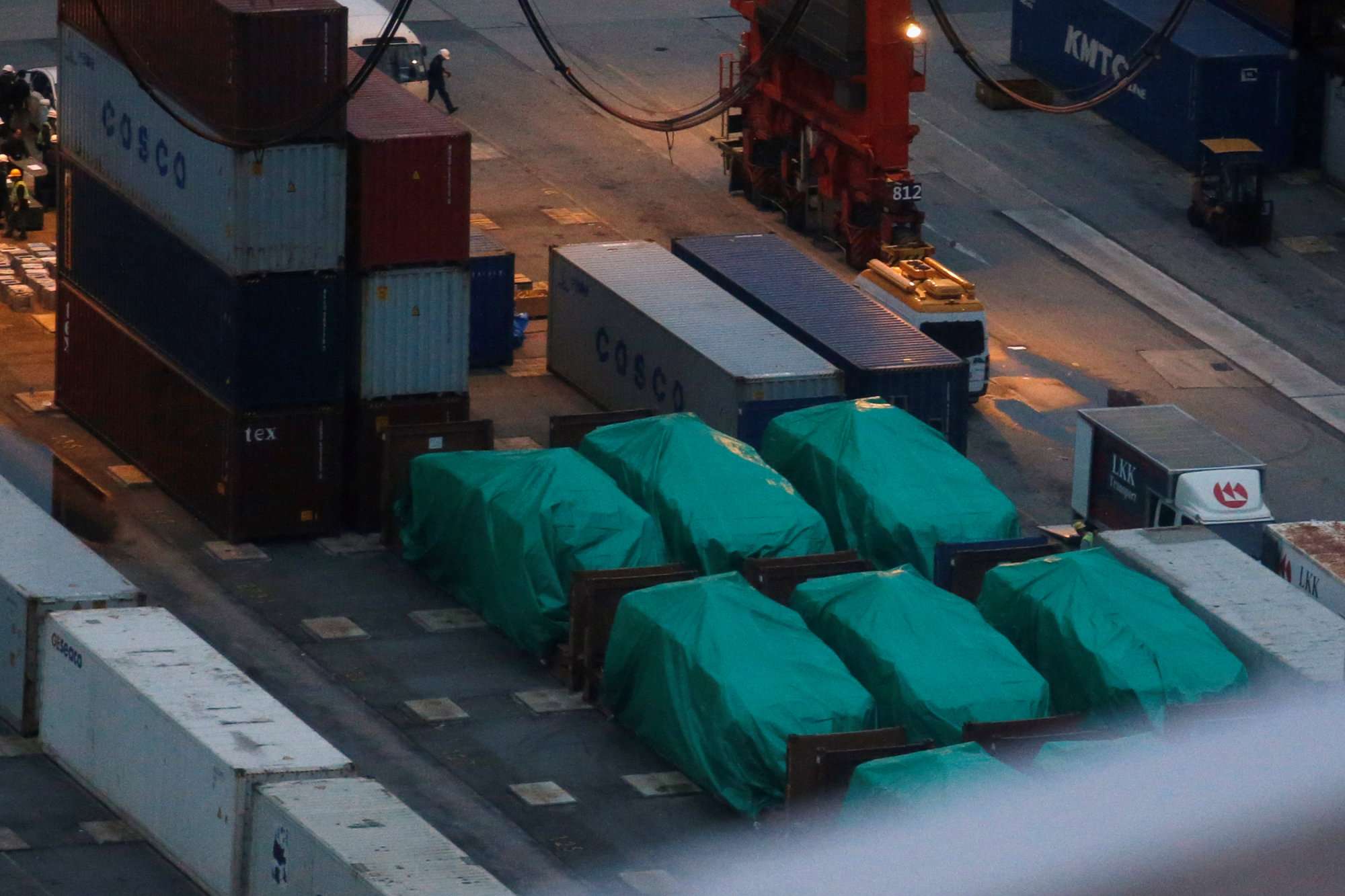TL;DR – Let’s hope everyone in China got the memo…
President Xi spoke at the World Economic Forum (WEF) at Davos this year, and it also marked the first time a Chinese leader spoke at Davos. It was a very long speech, and what many described to be a staunch defense of economic globsaliation. In fact, some thought Xi’s speech signals that China will champion world trade if the Trump administration builds barriers.
In case you want to read the summary, it’s here.
Some people think that President Xi was telling some of the biggest jokes of the decade. Why? Because some of the things that China has done don’t seem to be in line with one of the core messages in President Xi’s speech.
Which core message was that? This one:
“Countries, big or small, strong or weak, rich or poor, are all equal members of the international community. As such, they are entitled to participate in decision-making, enjoy rights and fulfill obligations on an equal basis (emphasis ours)… We should adhere to multilateralism to uphold the authority and efficacy of multilateral institutions. We should honor promises and abide by rules. One should not select or bend rules as he sees fit. (emphasis ours)”

This raises two questions.
1. Will China treat smaller countries as equals?
President Xi seemed to be exhorting the superpowers of the world to treat smaller nations as equals, not as weaklings to be bullied or vassals to extract tribute from. If all countries can abide by this exhortation, then the world would indeed be more peaceful and stable.
But will the larger countries really treat smaller nations as equals?
For that matter, will China?
Let’s see how China has been treating other nations in Asia, which, with the exception of India, are all much smaller than China. When China has territorial disputes with its neighbours, does it treat those nations as equals?
No. It just does what it wants to do. From building oil rigs in disputed territories to setting up military bases on islands that are also claimed by other countries, China seemed to have an unhealthy disregard to the opinions of smaller nations. Or at least it did in the recent past.
And when Singapore urged for all involved in the disputes to remain calm and asked that the freedom of navigation of the seas be maintained, how did China respond?
Pssst, can someone say “Terrex”?
The disputes over territory in the South China Sea and how China treats Singapore also points to the second question.
2. Will China abide by rules?
President Xi asks the world to “uphold the authority and efficacy of multilateral institutions”. Isn’t the United Nations Law of the Sea Tribunal a “multilateral institution”? The last I checked, it is.
Shouldn’t China then uphold the authority of the United Nations Law of the Sea Tribunal and abide by rulings made by it? Including its award in favour of Philippines regarding the “Nine-Dash Line” and China’s claim in the maritime areas of the South China Sea.
If that’s the case, shouldn’t China acknowledge that “China’s claims to historic rights, or other sovereign rights or jurisdiction, with respect to the maritime areas of the South China Sea encompassed by the relevant part of the ‘nine-dash line’ are contrary to the United Nations Convention of the Law of the Sea (UNCLOS) and without lawful effect to the extent that they exceed the geographic and substantive limits of China’s maritime entitlements under the UNCLOS.”
And if China does indeed believe in not cherrypicking and bending rules as it sees fit, then shouldn’t China treat all countries the same as how they want all other countries to treat it? Now China expects other countries to abide by the principle of absolute sovereign immunity. That means a country’s property is exempt from jurisdiction of foreign national courts.
Well, our Terrexes are Singapore’s sovereign property. If President Xi means what he says, then China should abide by the principle of absolute sovereign immunity as well, right? That means our Terrexes are exempt from the Hong Kong’s jurisdiction. Therefore, Hong Kong has no right to hold the Terrexes.

Let’s hope so…
So. We should be getting our Terrexes back soon, right? Unless someone somewhere in China didn’t get the memo or deliberately wants to defy President Xi and make him look bad. Let’s hope that everyone in China heard President Xi loud and clear and China will be a benign Asian hegemon, helping the rest of Asia head into a brighter future.
Perhaps we’re gonna get our Terrexes back soon.
